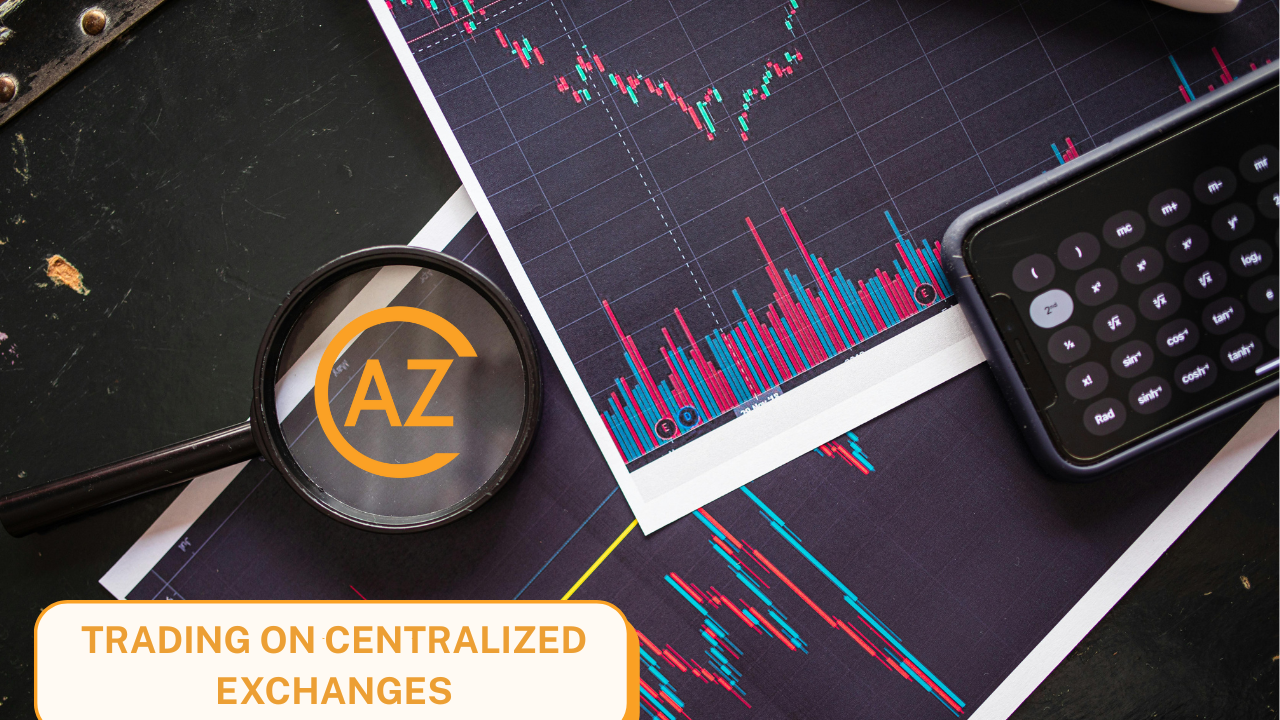Trading on Centralized Exchanges: Will It Be Penalized?
When the Government issued Resolution 5/2025 on piloting the digital asset market for five years, many investors began to ask: Will trading on centralized exchanges be subject to penalties?

CryptoAZ Source
Licensed Centralized Exchanges Are Not in Violation
According to regulations, domestic investors are allowed to open accounts and trade digital assets through service providers licensed by the Ministry of Finance. These entities operate under the centralized exchange model and are strictly supervised by regulators in terms of information disclosure, technology infrastructure, cybersecurity, and tax obligations.
Therefore, trading on officially licensed centralized exchanges is entirely legal and will not be penalized. This is also the only channel through which domestic investors can participate in the digital asset market during the pilot phase.
Trading on Unlicensed Centralized Exchanges Will Be Penalized
The critical distinction is that only licensed domestic centralized exchanges are legal. If investors participate in:
- International exchanges that have not been recognized in Vietnam,
- Domestic centralized exchanges operating “underground” without a license,
then such activities will still be considered violations and may be subject to penalties.
Possible Penalties
- Administrative sanctions: fines, forced suspension of trading, confiscation of assets, or even suspension of market participation rights.
- Criminal liability: in cases where off-market trading is associated with money laundering, fraud, tax evasion, or causes major losses to other investors.
Why Trade on Licensed Centralized Exchanges?
- Legal safety: Investors need not worry about penalties when complying with official regulations.
- Transparency of information: Licensed exchanges are required to publish prospectuses, financial statements, and undergo audits.
- Investor protection: Transactions are supervised, reducing risks of fraud or financial loss.
- Cybersecurity assurance: Licensed exchanges must meet strict standards for technology and data security.
Conclusion
Trading on licensed centralized exchanges will not be penalized. In contrast, participation on unlicensed platforms exposes investors to legal risks, ranging from administrative sanctions to criminal prosecution.
In the context of a pilot digital asset market, choosing licensed centralized exchanges not only safeguards investors but also helps build a secure and transparent trading environment in Vietnam.